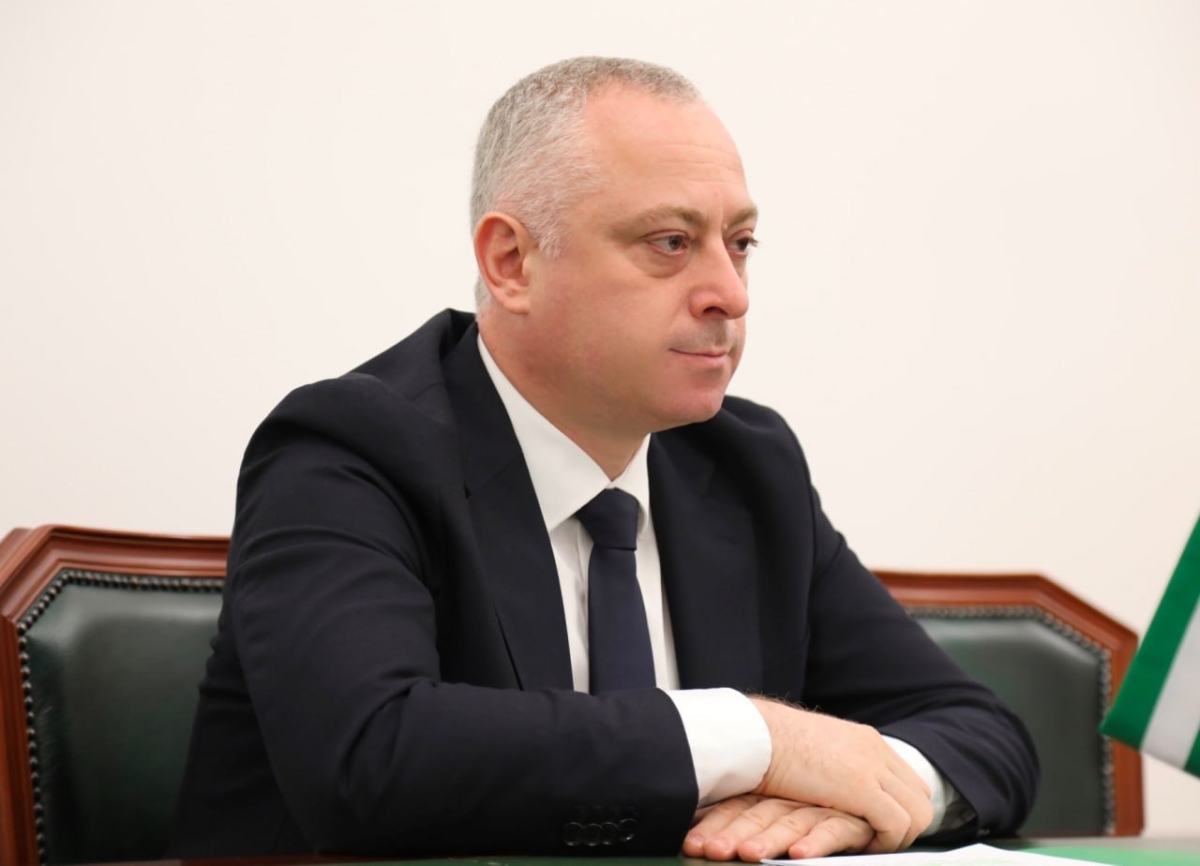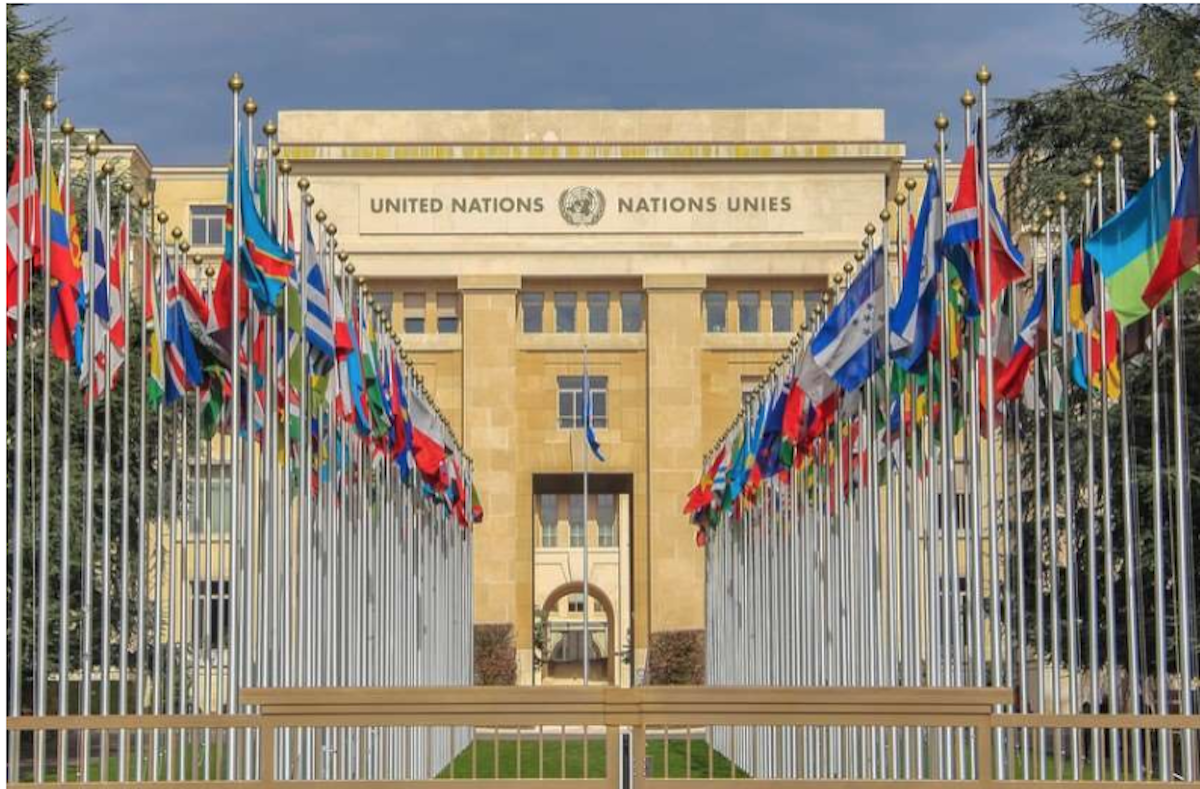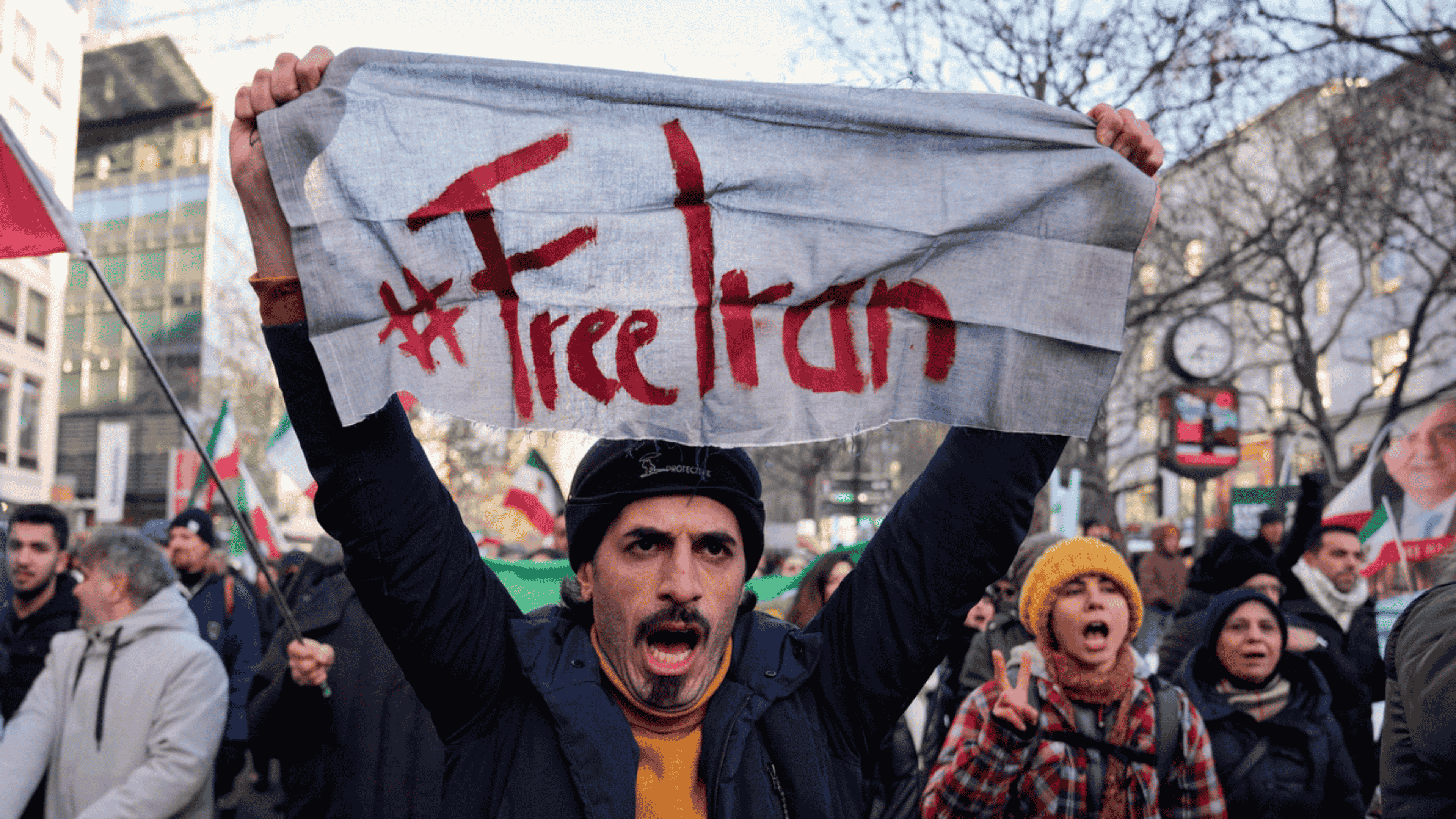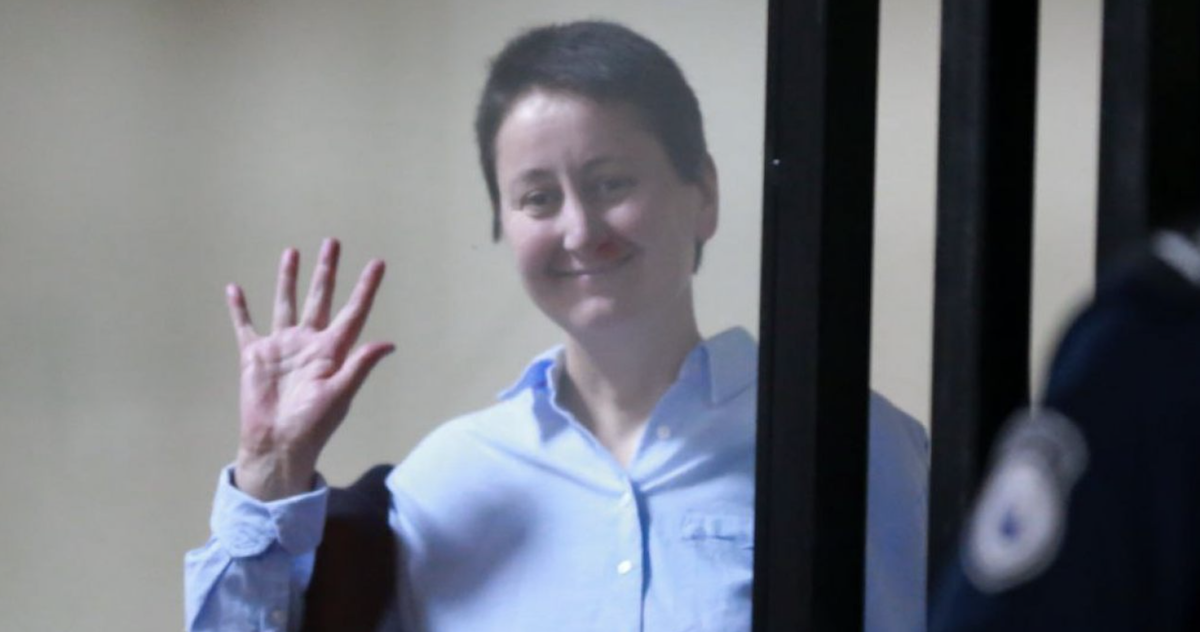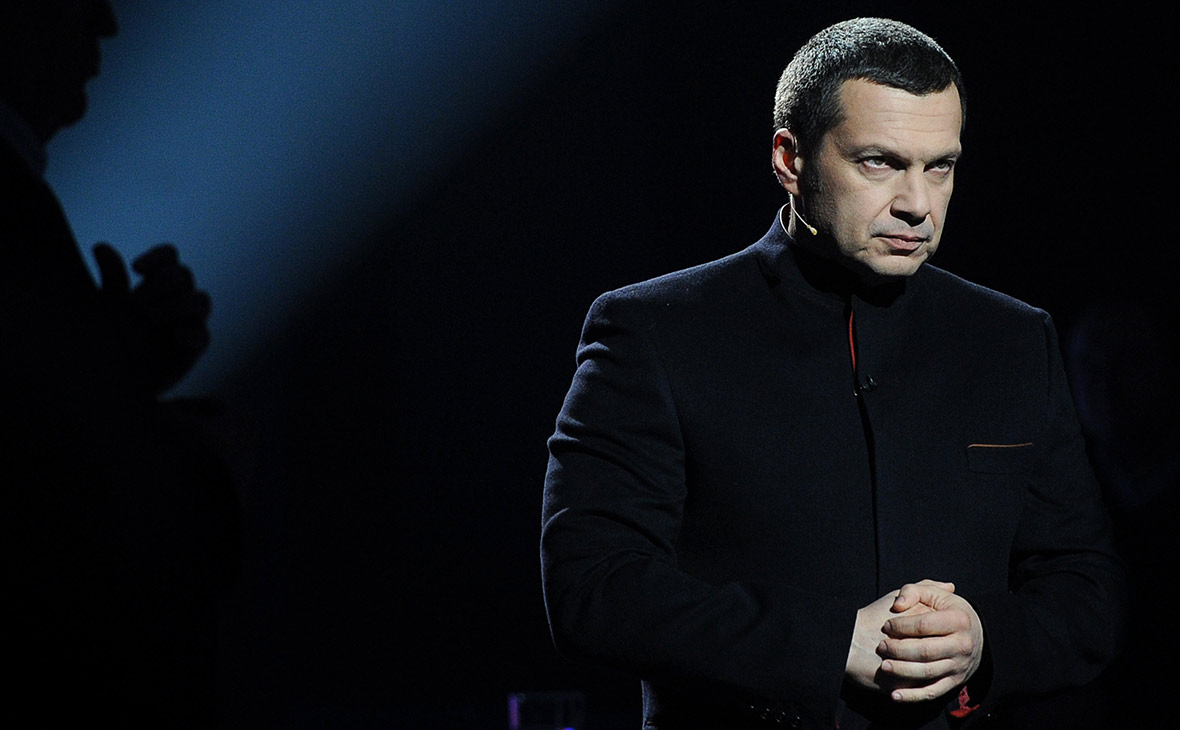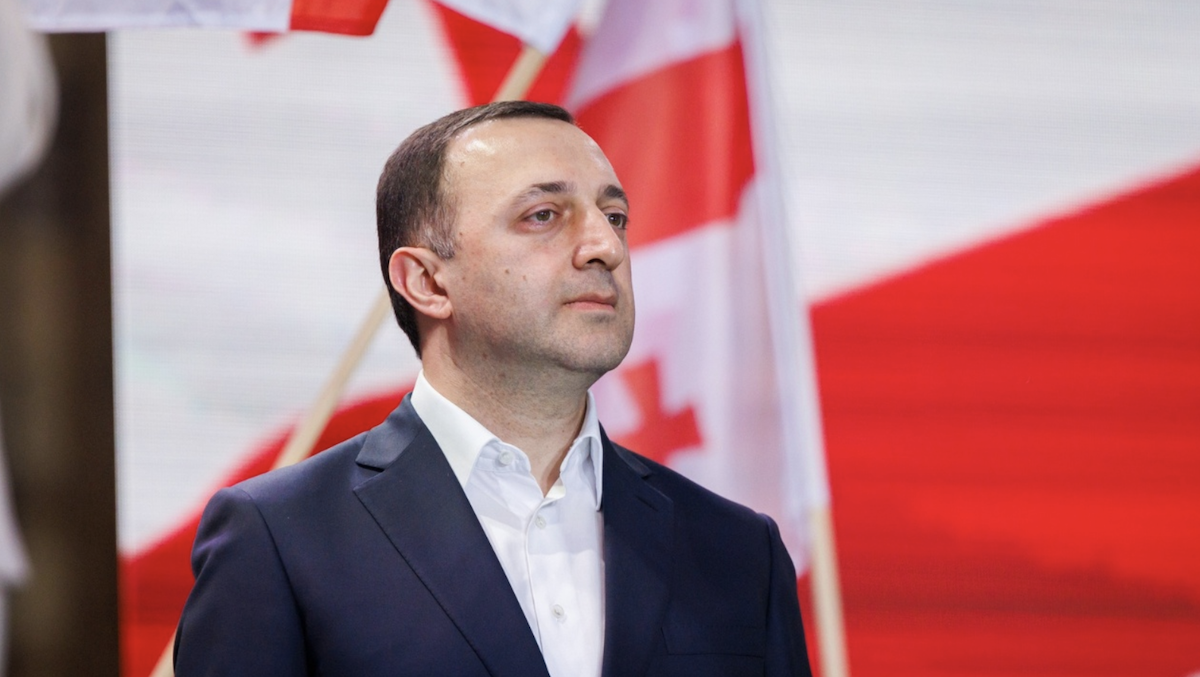Russia proposes moving Geneva discussions from Switzerland to 'neutral' location
65th round of Geneva discussions
Following the 65th round of the Geneva international discussions, Russia’s foreign ministry urged Georgia to sign a non-use of force agreement covering the occupied regions of Abkhazia and so-called South Ossetia. Moscow said that signing such a deal would “put into practice the rhetoric of reconciliation” previously voiced by the ruling Georgian Dream party. The Russian ministry also accused NATO of trying to “absorb” Georgia.
Georgia’s foreign ministry issued its own statement, saying the Georgian delegation was led by Deputy Foreign Minister Lasha Darsalia. The ministry said Russian representatives walked out of the talks while discussions focused on the occupied territories and the return of internally displaced persons, causing the 65th round of negotiations to fail.
Statement from the Russian foreign ministry
“Participants reaffirmed their continued commitment to working within the Geneva International Discussions (GID) format. To date, the discussions remain the only multilateral platform providing direct dialogue between Sukhumi, Tskhinvali, and Tbilisi on post-conflict restoration of relations. The Russian side emphasized the importance of swiftly developing concrete measures to achieve the GID’s priority goal – ensuring lasting security for Abkhazia and South Ossetia through a legally binding non-use of force agreement between Georgia and these two republics. Signing such an agreement would, in particular, provide a practical implementation of the reconciliation rhetoric expressed from Tbilisi towards the peoples of Abkhazia and South Ossetia.
The relevance of this step grows against the backdrop of external calls for Georgia to use military force to regain the so-called ‘seceded regions’, as well as open plans by NATO to ‘absorb’ the country, including exercises and other military training activities on its territory.
The main obstacle to the humanitarian negotiation process remains Georgia’s highly politicized resolution, submitted annually to the UN General Assembly on internally displaced persons and refugees, which ignores geopolitical realities. Discussing this issue outside the GID format, without the participation of Sukhumi and Tskhinvali, makes meaningful discussion within the GID impossible.
Given Switzerland’s loss of its neutral status following its participation in anti-Russian sanctions, Moscow, with the support of Sukhumi and Tskhinvali, considers it necessary to move the GID meetings from Geneva to another location that is truly neutral and acceptable to all participants.”
Georgian foreign ministry response
Here’s a BBC-style English translation of the Georgian foreign ministry statement:
During the negotiations, the Georgian delegation focused on key items on the agenda of the Geneva international discussions, including Russia’s full compliance with its international obligations under the 12 August 2008 EU-mediated ceasefire agreement, and the safe and dignified return of internally displaced persons (IDPs) and refugees from the occupied territories to their homes.
The delegation stressed the importance of resuming the work of the Incident Prevention and Response Mechanism (IPRM) in Gali without any preconditions, as well as the need to hold regular IPRM meetings in Gali and Ergneti in line with fundamental principles.
Georgia strongly raised concerns about the difficult security, humanitarian, and human rights situation in the occupied territories and the destructive actions of the occupying regimes.
Delegates highlighted recent developments, including the illegal opening of the airport in Sukhumi in violation of basic principles and international law, the start of regular flights, and the establishment of railway and maritime links between Russia and Sukhumi.
Following their usual practice, Russian representatives and officials from the occupying regimes walked out during the discussion of one of the main agenda items, which concerned the return of IDPs and refugees. As in previous rounds, the 65th round of talks ended without results.
The Geneva international discussions are based on the 12 August 2008 EU-mediated ceasefire agreement. Their core topics include implementing the ceasefire, ensuring the safe and dignified return of displaced persons, and addressing security and humanitarian issues resulting from the Russian occupation.
What are the Geneva international talks?
- After the August 2008 war, direct dialogue between Georgia and Russia came to a halt. Under the ceasefire agreement of 12 August 2008, the Geneva format of international talks was established, allowing Georgia and Russia, together with representatives from Sukhumi and Tskhinvali and international organisations, to discuss a range of humanitarian issues.
- For many years, until the Georgian Dream government launched the Abashidze-Karasin format for Georgian-Russian talks, Geneva remained the only platform where Tbilisi and Moscow could communicate.
- Four rounds of talks take place in Geneva each year.
- The Geneva format does not cover the political aspects of the conflict. In other words, it does not discuss the status of Abkhazia or South Ossetia.
- The discussions run through two parallel working groups:
- The first group focuses on security issues, such as reaching an agreement between Russia and Georgia on the non-use of force and establishing international security mechanisms in Georgia’s occupied regions.
- The second group addresses the situation of internally displaced persons and their return. It also deals with wider humanitarian concerns affecting residents of the occupied territories, including access to education in their native language, protection of cultural heritage, freedom of movement along the occupation line, health, criminal cases, and human rights.
- In addition to Georgia, Russia, and representatives from occupied Sukhumi and Tskhinvali, the talks also include participants from the United States, the OSCE, the European Union, and the UN.
65th round of Geneva discussions










